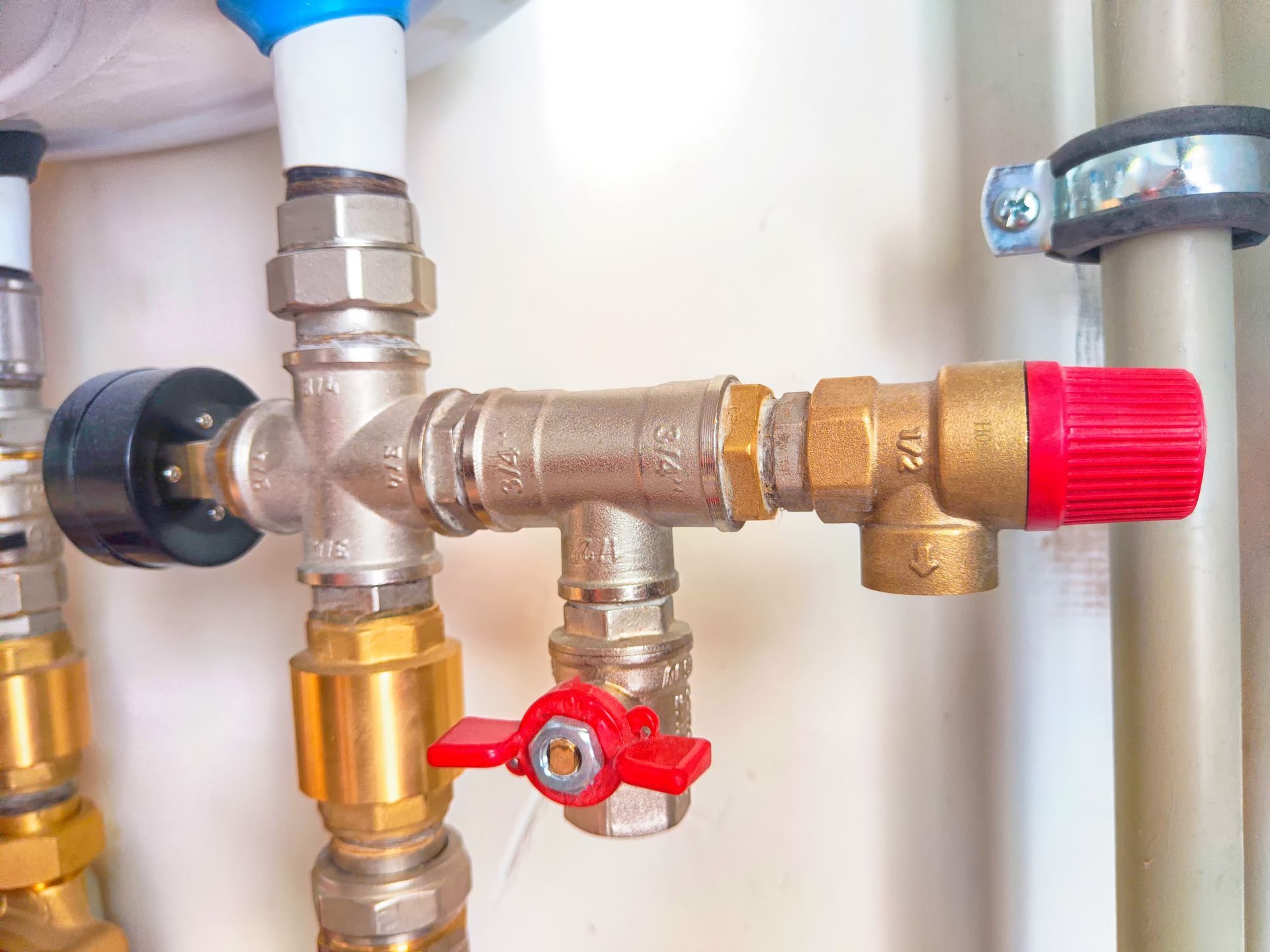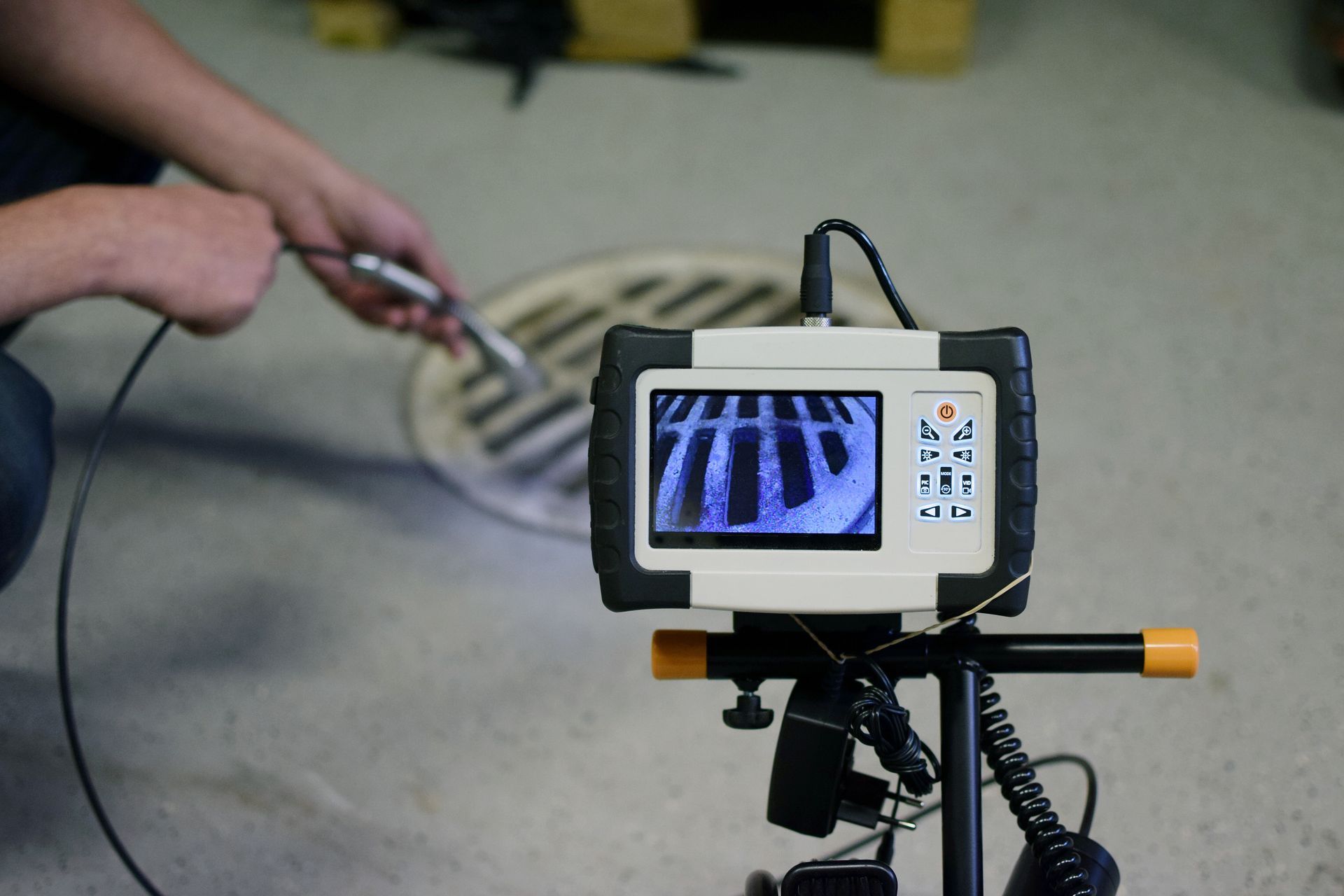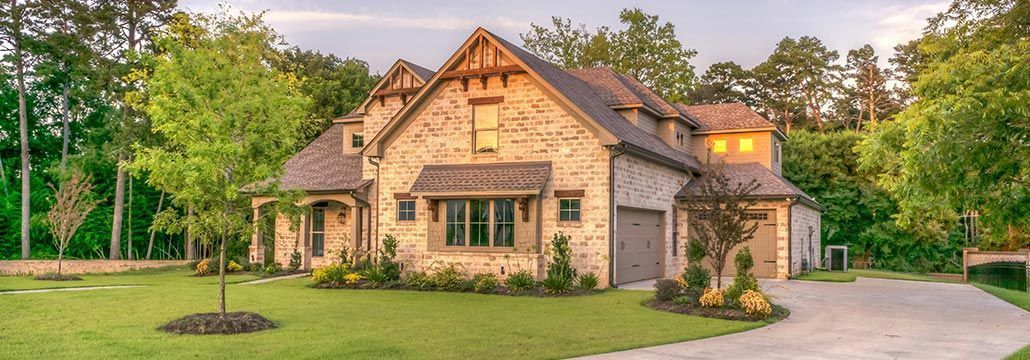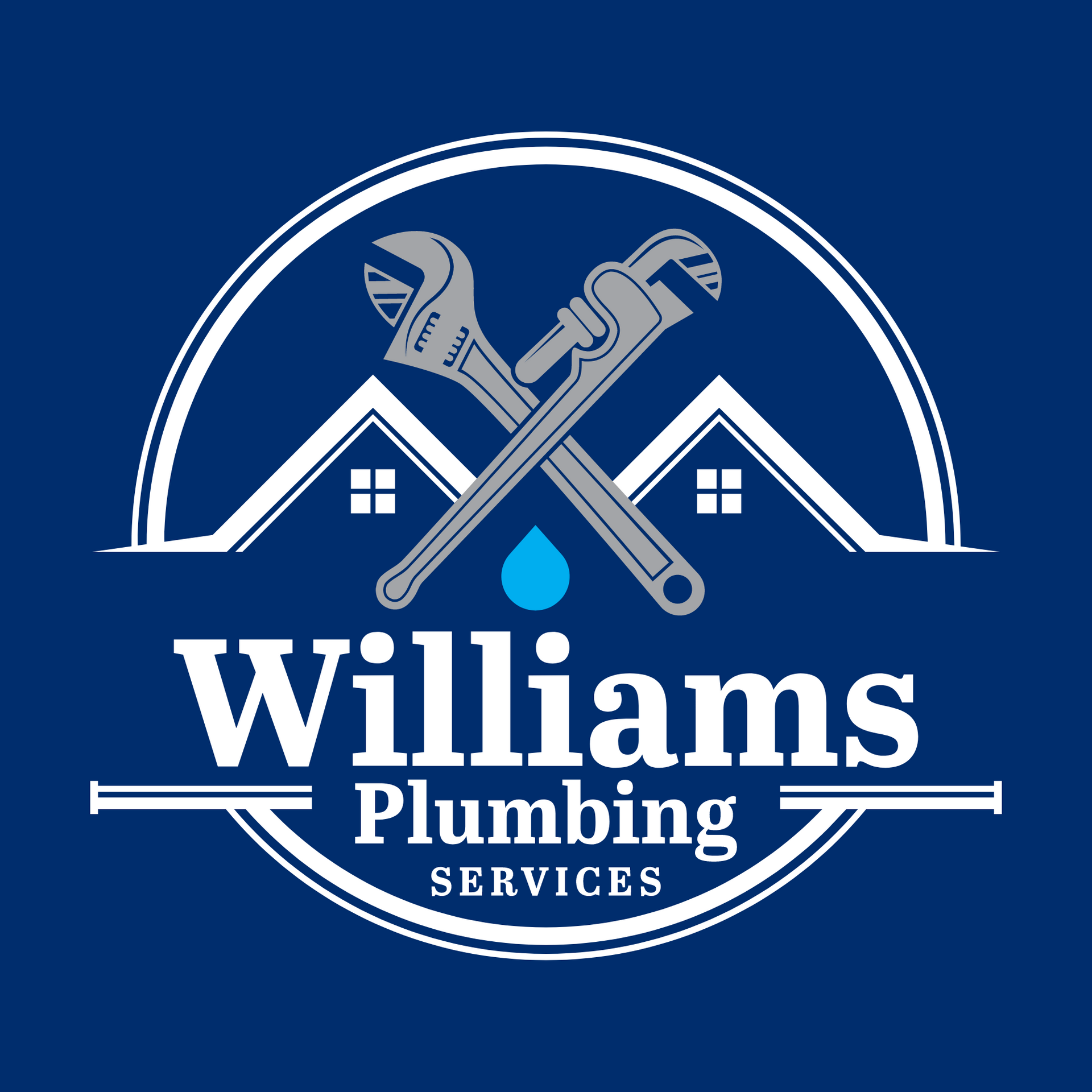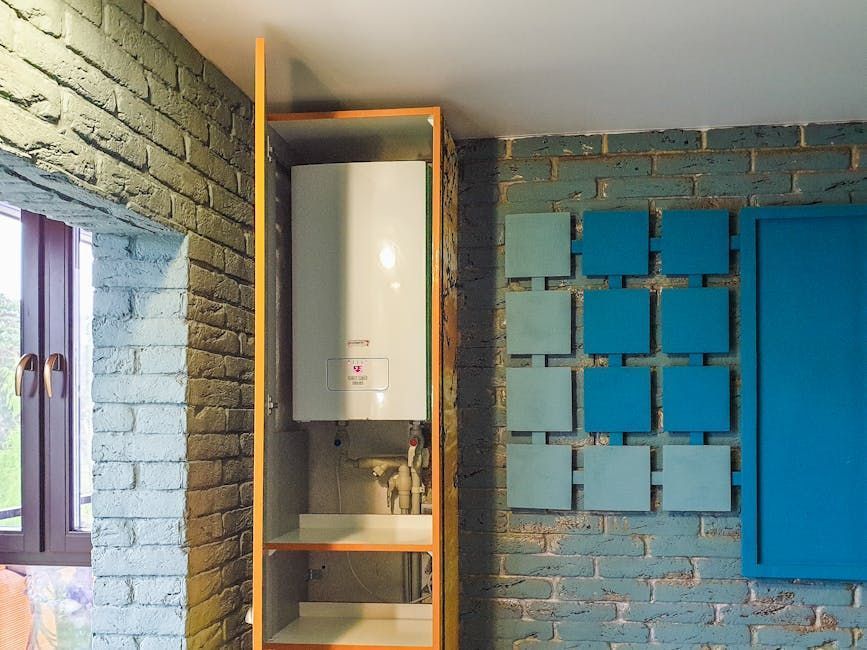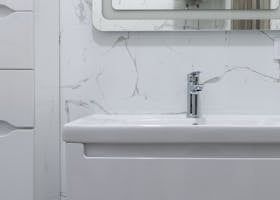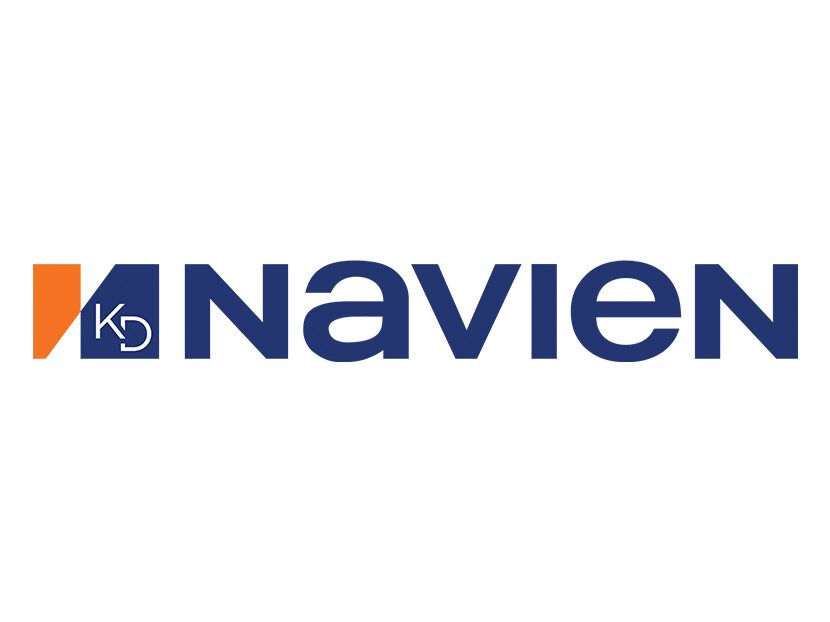The Importance of Preventative Plumbing Maintenance
Many homeowners are all too familiar with the stress of facing a home emergency. Couple that with the sickening feeling of being told that something could easily have been avoided, and you've got a winning combination.
In 2024, Forbes estimated that the average American family spends over $10,000 per year on home maintenance and repairs, citing inflation, aging homes, and supply chain issues for rising costs.
For obvious reasons, plumbing emergencies tend to be particularly unpleasant. At Williams Plumbing, it's our mission to give your home the care it needs in order to help avoid an emergency situation.
The good news is, preventative maintenance is typically far less expensive than emergency repairs.
But, you may be wondering, what does preventative maintenance for your home actually look like? Here are a few things our technicians wish they could share with every household before a major accident occurs.
- Get Your Water Pressure Checked Annually – High water pressure, which is anything above 80 pounds per square inch (psi), can have detrimental effects on your home. Like everything else, your home's water pressure regulator or pressure reducing valve (PRV) will gradually wear out, meaning your water pressure will inevitably increase over time. This can lead to burst pipes and prematurely worn-out fixtures. In short: just because your water pressure was in a normal range a few years ago, doesn't mean it still is, and getting it checked preemptively can save a lot of time and money!
- Replace Worn Materials & Fixtures – Materials and fixtures that have seen better days may not only be an eye sore, they can pose safety risks to your home and family. For example, cast iron and galvanized pipe were commonly used in homes built before 1970. While durable, these materials are prone to rust, corrosion, and cracking, which means harmful chemicals in your water supply and a heightened risk of severe damage to your home. As for old fixtures, it's important to keep in mind that frequent repairs may end up being more expensive than simply having new fixtures installed.
- Address Clogs & Leaks – As some of the most common plumbing issues, clogs and leaks are often brushed off as minor inconveniences. However, it's important to remember that A) they will only get worse, and B) they may be indicative of more serious problems. DIY solutions, such as store-bought drain cleaner, can themselves cause damage to your plumbing system, which only creates more problems and puts your home at higher risk of serious damage. Therefore, it's always best to have a professional assess and repair even the slightest issue.
Williams Plumbing Services: Your Trusted Partner
At Williams Plumbing Services, we aim not only to deliver top-notch plumbing solutions, but to show each and every customer the respect and care we would want for our own families and homes. As a Chattanooga-based company, we understand the plumbing needs of our community.
We promise…
- A Focus on Customer Service: At Williams Plumbing Services, customer satisfaction is our top priority.
- Transparent Pricing: We strive to ensure our prices are fair, competitive and transparent.
- Ongoing Support: Our work is warranty-backed and insured. We will never leave you hanging!
- We Prioritize Prevention: When it comes to keeping your home safe, we are all about taking the offensive to ensure that you stay two steps ahead of potential plumbing problems.
Water is a force to be reckoned with. Even a small trickle can cause significant damage to your home. So, if you're on the fence about getting a seemingly minor issue taken care of due to financial reasons, take it from us—today's minor issue can easily turn into tomorrow's nightmare, and who needs that?
Call:
423-883-1490
Website:
www.williamsplumbingchatt.com
Email:
daniel@williamsplumbingchatt.com
